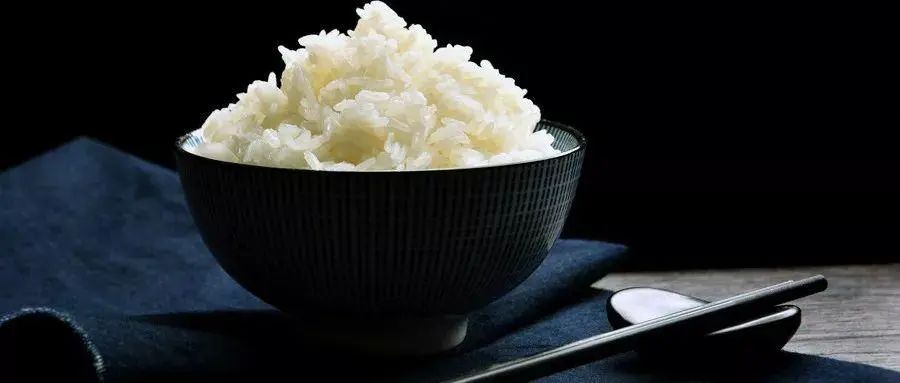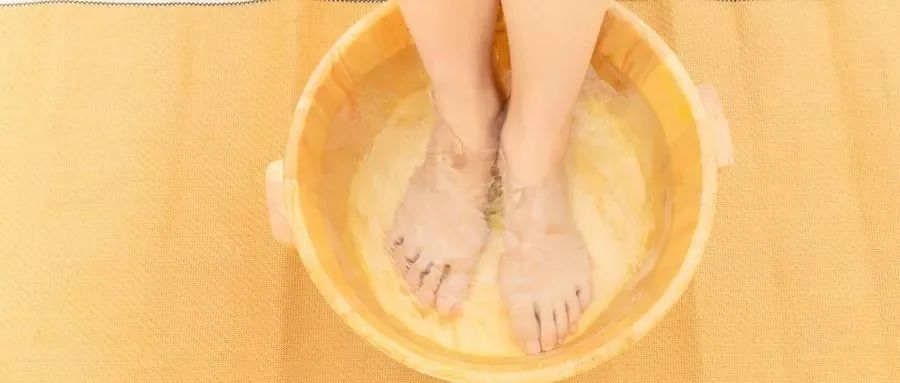As one reaches middle age, you may feel that your body is not as strong as before. You may experience lower back pain, leg discomfort, and a decreased appetite compared to your younger days.In middle age, there are five key points for health maintenance. Below, we will teach you how to maintain health during this “watershed” period of life.Strengthen Lung Health with Deep BreathingLung capacity begins to decline slowly from the age of 20, and by 40, you may suddenly find yourself out of breath after climbing just a few flights of stairs; this is a warning signal from your weakening lungs.Optimal Season for Care: Autumn. Traditional Chinese Medicine (TCM) believes that the five organs correspond to the four seasons, with autumn corresponding to the lungs. Autumn emphasizes nourishing yin, and the focus of nourishing yin is to support lung yin and prevent dryness to moisten the lungs.Care Methods: Practice breathing exercises, swallow saliva, and eat white fungus (Tremella fuciformis). First, practice bird-like chest breathing and turtle-like abdominal breathing to effectively exercise both the abdomen and respiratory system. Secondly, it is best to swallow saliva while breathing deeply; do not casually spit out the saliva that accumulates during deep breathing. When eating sunflower seeds, try to shell them with your hands instead of cracking them open, as frequent cracking can easily damage body fluids.During autumn, outdoor brisk walking and hiking are excellent lung-strengthening exercises that can significantly enhance cardiovascular and pulmonary function.

Nourish Bones and Protect Joints with Regular Leg ExercisesAfter the age of 30, muscle degeneration occurs faster than muscle growth. After 40, muscle mass begins to decrease at a rate of 0.5% to 2% per year. Bone aging starts at 35, and by 80, a person’s height may decrease by about 5 centimeters compared to their younger years.Optimal Season for Care: All Year Round. Exercising the muscles and bones should be a year-round commitment, regardless of the season.Care Methods: Protect joints, perform stretching, and exercise the legs regularly. After reaching middle age, it is crucial to avoid overexertion in exercise.Avoid high-impact activities that can harm the joints. Gentle exercises such as brisk walking, swimming, and Tai Chi are more suitable for middle-aged individuals. Incorporate stretching exercises, such as the Sun Salutation and Twisting poses in yoga; hanging from a pull-up bar is also very effective.It is said that “the legs age first as one grows old,” so it is essential to strengthen the legs after middle age. Squats and leg shaking exercises can be beneficial.

Nourish the Stomach by Reducing Food IntakeThe stomach is the foundation of life; internal injuries to the spleen and stomach can lead to numerous diseases. As the saying goes, “A healthy stomach leads to longevity,” highlighting the importance of the stomach to the human body.Modern individuals face significant work pressure, frequent social engagements, irregular lifestyles, and a preference for grilled, high-salt, and spicy foods, along with a love for smoking and drinking, which places increasing stress on the stomach, and this becomes more pronounced with age.Optimal Season for Care: Late Summer. The late summer period (July to August) should focus on nourishing the spleen and stomach, as late summer is the prime time for digestion and nutrient absorption.Care Methods: Reduce food intake, avoid excessive cold foods, and eat yam (Dioscorea opposita). After the age of 40, gradually reduce food portions; overeating not only affects gastrointestinal function but can also lead to elevated blood lipids, and long-term overeating may result in memory decline and premature brain aging.The spleen and stomach are particularly sensitive to cold, so it is advisable to minimize the intake of cold foods and consume foods that are closer to body temperature to benefit the spleen and stomach. Individuals with spleen and stomach deficiency can eat more yam, Bai Zhu (White Atractylodes), and Qian Shi (Euryale Foxnut), which can be used to stew meat or cook porridge. Seasonal legumes, such as green beans, snow peas, and white broad beans, are also excellent for nourishing the spleen and stomach.

Nourish the Heart by Reducing Late NightsWestern medicine suggests that the heart begins to age at 40. As the body ages, the heart’s efficiency in pumping blood throughout the body also declines. Men over 45 and women over 55 have a higher probability of heart disease.Optimal Season for Care: Summer. In summer, it is essential to focus on nourishing the heart, as the heart is associated with the fire organ and should be nurtured during this season.Care Methods: Monitor your pulse, reduce late nights, and eat breakfast. It is advisable to check your pulse weekly; both a rapid and slow pulse should be taken seriously.Try to minimize late nights, as “night owls” often appear unhealthy. The period from 11 PM to 3 AM is the golden time for nourishing qi and blood. Breakfast should be substantial. A good breakfast replenishes the body’s energy and nutrients, ensuring sufficient vitality and a sharp mind.

Nourish the Kidneys by Massaging the SolesOnce reaching middle age, some individuals may feel easily fatigued, have poor sleep, lack energy during the day, frequently experience dizziness and tinnitus, suffer from memory issues, and even notice significant hair loss; some may feel lower back pain and weakness in the limbs; others may experience frequent nighttime urination.These symptoms are mostly due to insufficient kidney qi. The “Huangdi Neijing” states that men experience gradual kidney qi deficiency after 40, while women experience this after 35.Optimal Season for Care: Winter. Winter is associated with the kidneys, and it is advisable to replenish yang qi and nourish kidney qi. In winter, the cold can first invade the kidneys, and only abundant kidney qi can fend off diseases.Care Methods: Eat more black foods and massage the soles of the feet. TCM believes that black foods benefit the kidneys; consider consuming black rice, black beans, and black sesame. Individuals with kidney deficiency can also eat more walnuts and goji berries.Before bed, soak your feet in warm water and massage the soles of your feet with your left hand on your right foot and your right hand on your left foot, each for 100 times, which has the effect of strengthening the kidneys and nourishing yin. Regularly massage the kidney shu points on both sides of the lower back to support kidney qi.

